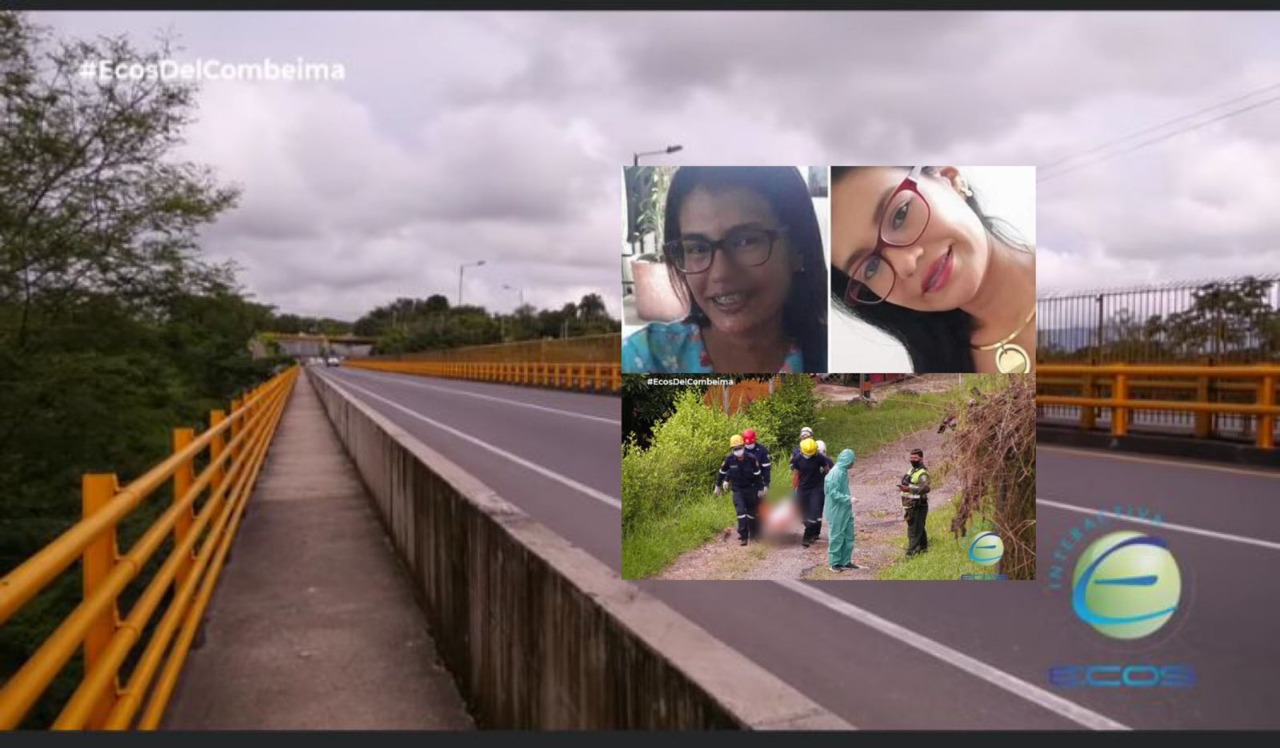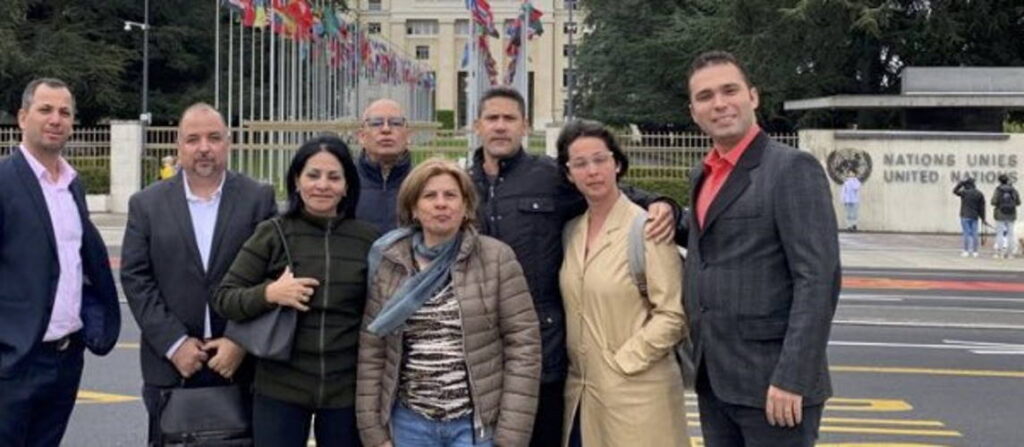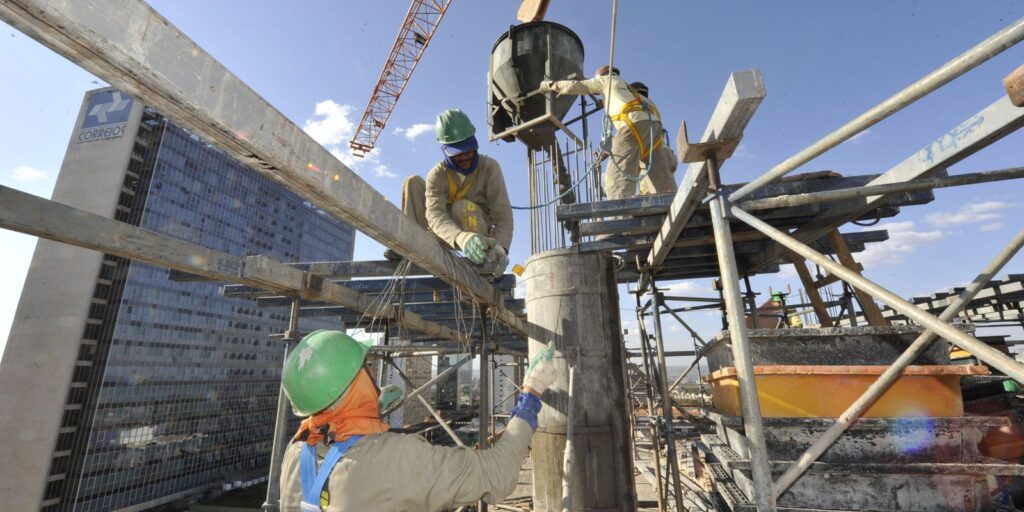Marcela’s case again calls into question mental health, signs of depression and stress that are not properly addressed, by those who suffer from them or by those around them.
Colombia News.
Again on the La Vida bridge on the Ibagué-Cajamarca variant, a woman threw herself into the void and there, information began to emerge about all the signs of her anguish, did she not receive help? It is not known, the truth is that Marcela he walked from one side to the other until he finally threw himself.
Viviana Marcela Calderón, 27 years old, was a teacher in Guamo, Tolima.

Last week he got to the bypass bridge, stopped at a store, had a malt pony, looked at the bridge; he spoke little.
She left the site and then, they saw her on the bridge.
People in the area were already on alert, but they saw her retreat the other way. There was already a ‘hunch’ that something was going on, next to the woman a man appeared.
“We thought they were visitors coming to take photos,” said one of the shopkeepers.
When they saw her, she had passed the railings.
Some people ran, “but we couldn’t do anything.”
“Desperate”
When Marcela got to the bridge, possibly she was already thinking of jumping. Could something make her change her mind? It will not be known, for many, you have to look “if she was given support, help from her before she made the trip to the variant”.
That day, on the edge of the abyss, a man told her to move on with her life, that she was a strong woman, that she would come out of the situation she was going through.
It is not clear what overwhelmed her to the point of committing suicide.
He had a 10-year-old son. And a baby.
He left home never to return.
In some media they have published that he could not overcome personal problems. A tragedy that marks an entire family.
“She was restless, she moved, she walked from one side to the other,” said one of the men.
At this point of the Ibagué-Cajamarca variant, there is already pain for so many lives lost. “Here we are merchants, we are not adequate personnel to attend to the people who come with these situations.”
“How many more deaths (there are 10 on the new bridge); how many orphaned children, how many more?”, they ask from that area, so that authorities can implement preventive and support measures.
Marcela was fired over the weekend with mariachis and sadness in her community, in Guamo.
But the disappointment of her decision remains, of what other women and men have made at that point, and how to help mental health.
The economic situation, the hopelessness, and the psychosocial affectation should set off alarms. Keep taking lives.
In fact, of these decisions, 28% «are caused by physical or mental illnesses, follow ‘couple issues’; economic and love disappointments (heartbreak)».
take life
“Each suicide is a tragedy that affects families, communities and countries and has lasting effects for those close to the suicide,” says the World Health Organization.
It is a dangerous global phenomenon, even in 2016, it became the second cause of death worldwide, in the age group between 15 and 29 years of age.
It can occur at any age, warns the WHO.
Health authorities in the country warn that “The most important risk factor is the previous attempt. The person who has already attempted against her life has a much higher probability of doing it again and that is why it is a very careful population ”.
In these cases, it is requested not to stigmatize.
The support of friends, neighbors and family is vital; a greeting, a help, a talk can help a person who may be thinking of inflicting self-harm.
The Colombian Ministry of Health calls to talk about mental health, from the actions of the government with institutions and foundations, and with a message to the community.
Therefore, deliver some recommendations that can help deal with the issue.
What we must not do or say:
- Don’t interrupt the person while he tells what happened to him. Be patient and stay calm.
- Do not judge what they have done or not done, or their feelings. Don’t say things like “you shouldn’t feel this way”, “you should feel lucky to be alive”.
- Without inventing things you don’t know.
- Don’t use overly technical expressions.
- If you were trusted with the situation, do not tell someone else what happened.
- Don’t talk about your own problems or advice. The idea is that people find alternatives through reflection.
- Inform yourself about the subject so that you do not make false promises or give false reassuring arguments.
- Don’t think or act as if you have to solve all of the person’s problems for them.
- If someone approaches you to tell you about their difficult situation, of pain, do not take away their strength, their feeling of being able to take care of themselves.
From Marcela, until now it is unknown if she asked for help, or if her school or family nucleus detected signs.


















